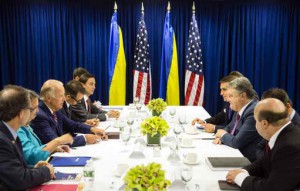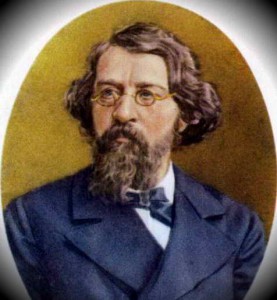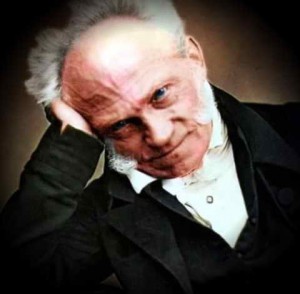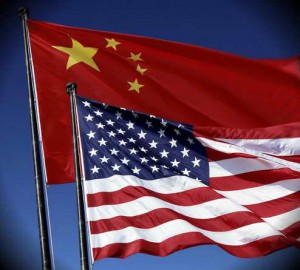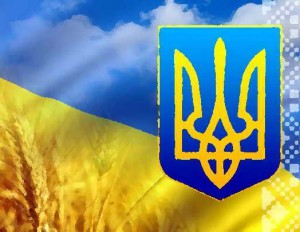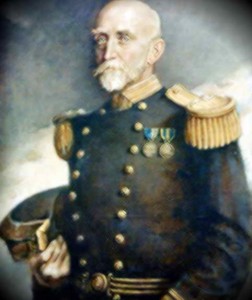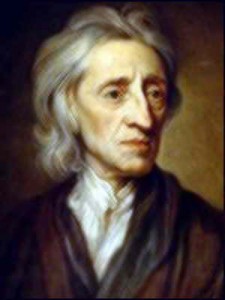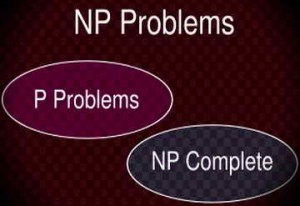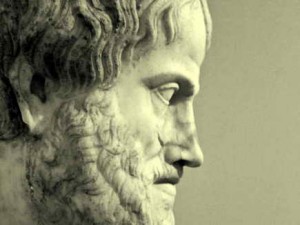 The view that Aristotle considered the separate, self-thinking, unmoved substance described in Metaphysics _ to be a god has come under fire in recent decades, notably from Richard Bod??s.
The view that Aristotle considered the separate, self-thinking, unmoved substance described in Metaphysics _ to be a god has come under fire in recent decades, notably from Richard Bod??s.
On Bod??s’ account, Aristotle’s gods are not substances of this kind, but are rather (a) composites of soul and body that are (b) beneficent towards mankind. Continue reading

